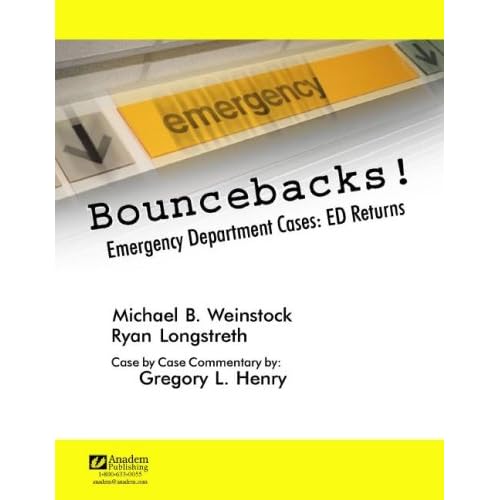- Joined
- Jul 30, 2011
- Messages
- 80
- Reaction score
- 0
I've been unfortunate during my 3rd year in regards to procedures. I would love to do them, but having my rotations done at a big teaching institution where all procedures are saved for the residents did not help at all. I'm speaking of even little things like ABG's and pelvic exams. I would chime in and say that I would like to do the procedures, but I figure I should save the trouble as even the residents are fighting over the procedures themselves.
Any advice with this? I would like to be fully prepared coming into residency, and am envious of other students in other programs who brag about drilling bones and doing central lines like it's a walk in the park. I mean.. even during surgery, I got the opportunity to suture TWICE. The rest were given to the surgical assistant for "efficiency" purposes...
😡
Any advice with this? I would like to be fully prepared coming into residency, and am envious of other students in other programs who brag about drilling bones and doing central lines like it's a walk in the park. I mean.. even during surgery, I got the opportunity to suture TWICE. The rest were given to the surgical assistant for "efficiency" purposes...
😡

